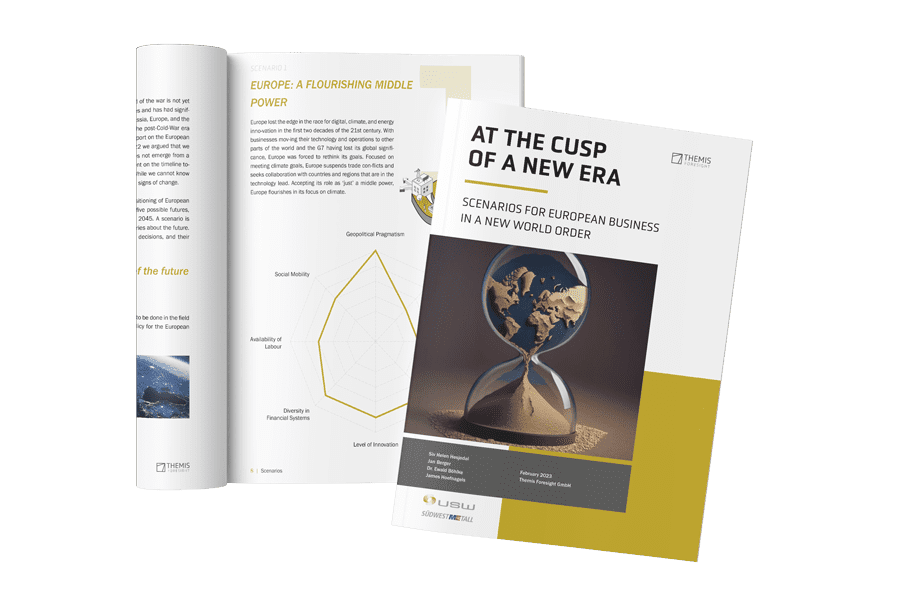
At The Cusp
Of A New Era
Scenarios for European Business in a New World Order
About the scenarios
About the authors
Siv Helen Hesjedal
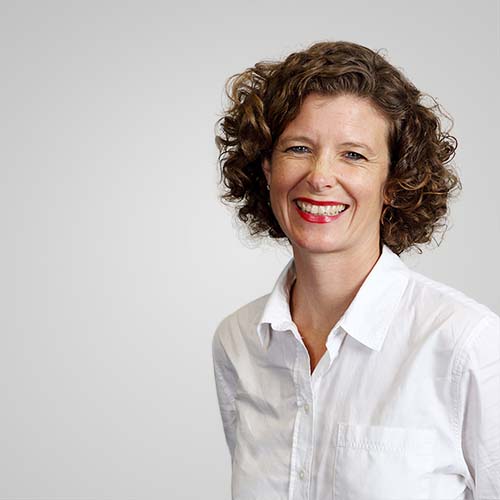
Siv Helen Hesjedal is a professional futurist and strategist with over 20 years of international experience in strategic management and futures research. Siv has worked as a strategic advisor to senior politicians and business leaders. After nearly two decades in South Africa, she now works from Norway. She supports clients and directs our project design and foresight methodologies.
Jan Berger
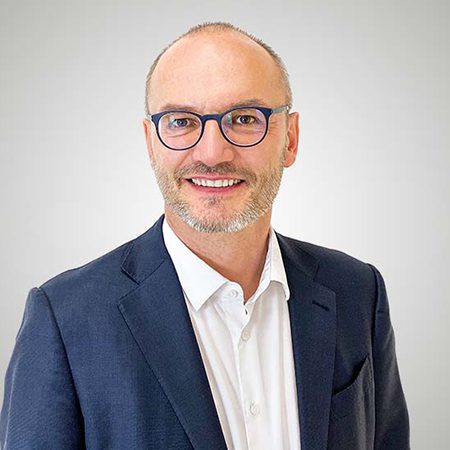
Jan Berger is a historian and linguist. He is the founder of Themis Foresight GmbH, a sought-after sparring partner for CEOs and a keynote speaker. He has lived and worked on four continents. He started his career in publishing and then moved to the real estate industry, where he was responsible for building the Russian business for a Danish real estate group. After two years in a digital startup, Jan led the operations of 2b AHEAD ThinkTank for 7 years and founded Themis Foresight in 2021.
Dr. Ewald Böhlke
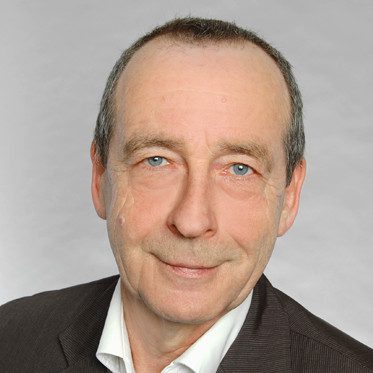
Dr. Ewald Böhlke is a passionate futurist with more than 20 years of professional experience. He is a Senior Research Associate at GEPA Group and focuses on the interactions of technology dynamics and geopolitics in the energy sector. Previous professional positions include Senior Researcher at Daimler AG and Head of the Berthold Beitz Center for Russia, Ukraine, Belarus and Central Asia at the German Council on Foreign Relations (DGAP). Dr. Ewald Böhlke has also held teaching positions at various universities. He is a member of the advisory board of Themis Foresight.
James Hoefnagels
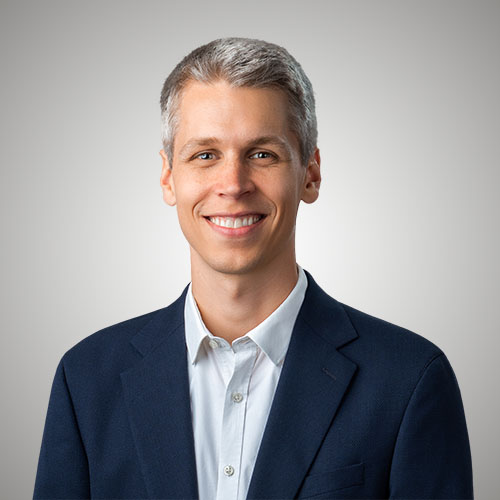
James Hoefnagels is a political scientist and futures researcher from Canada. He has worked on a wide range of topics including energy, quantum technologies, and global politics. In his work, he analyzes and evaluates emerging trends and their potential impact on businesses. He advises business leaders on how to successfully prepare for potential future scenarios. Prior to joining Themis Foresight, he was a Senior Researcher & Strategist at futures research institute 2b AHEAD, and before that he worked as a Junior Associate at the Copenhagen Institute for Futures Studies.
At a glance
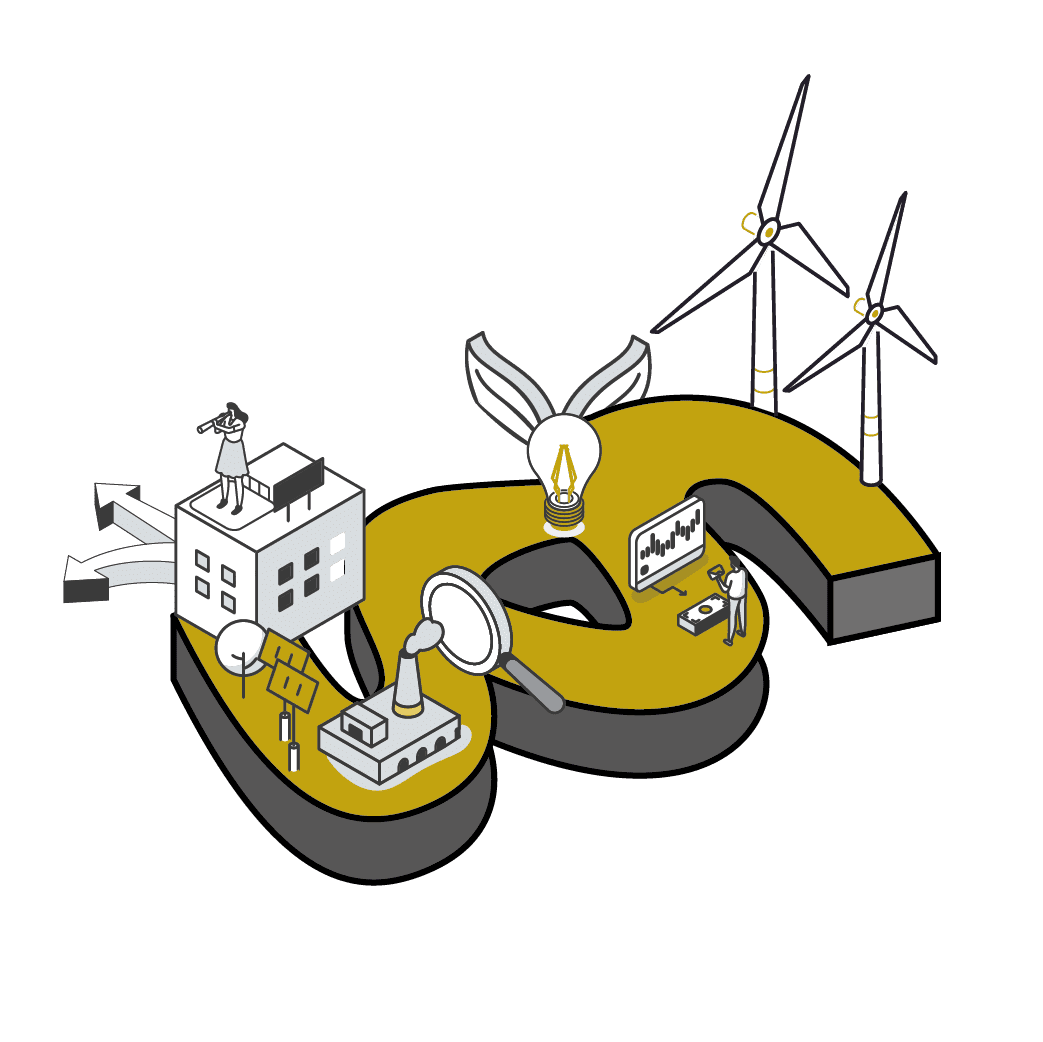
Europe: A flourishing middle power
Europe lost the edge in the race for digital, climate, and energy innovation in the first two decades of the 21st century. With businesses moving their technology and operations to other parts of the world and the G7 having lost its global significance, Europe was forced to rethink its goals. Focused on meeting climate goals, Europe suspends trade conflicts and seeks collaboration with countries and regions that are in the technology lead. Accepting its role as ‘just’ a middle power, Europe flourishes in its focus on climate.
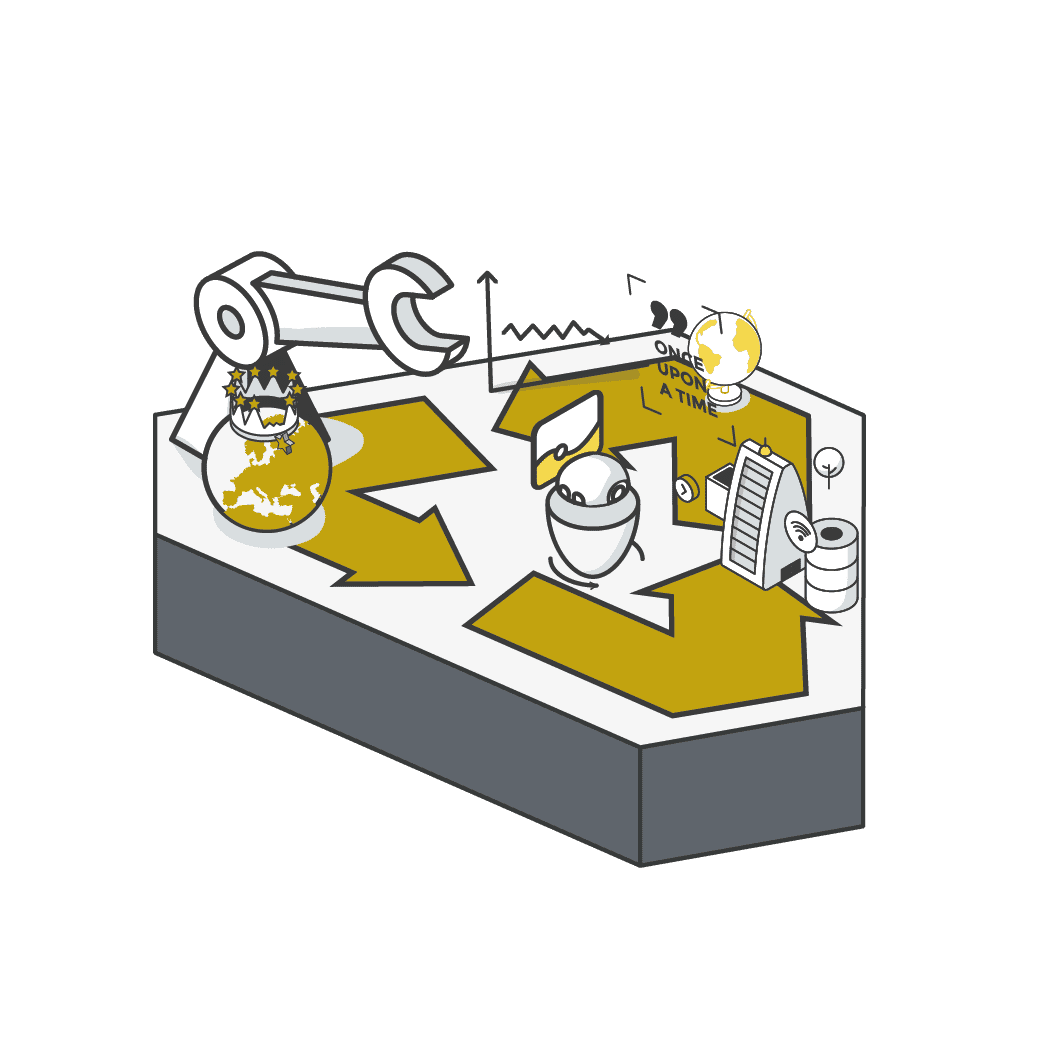
Global Village Europe
Global Village Europe is a largely self-contained geographic and economic entity. The unified economic and political union is pioneering circularity, modern living within planetary boundaries, and alternatives to raw material extraction. There is a more centralized and integrated market structure, with strong state companies. Innovation thrives, staving off economic decline. The productive sectors of the economy gain a larger share and are fully integrated with computing and digital technologies.
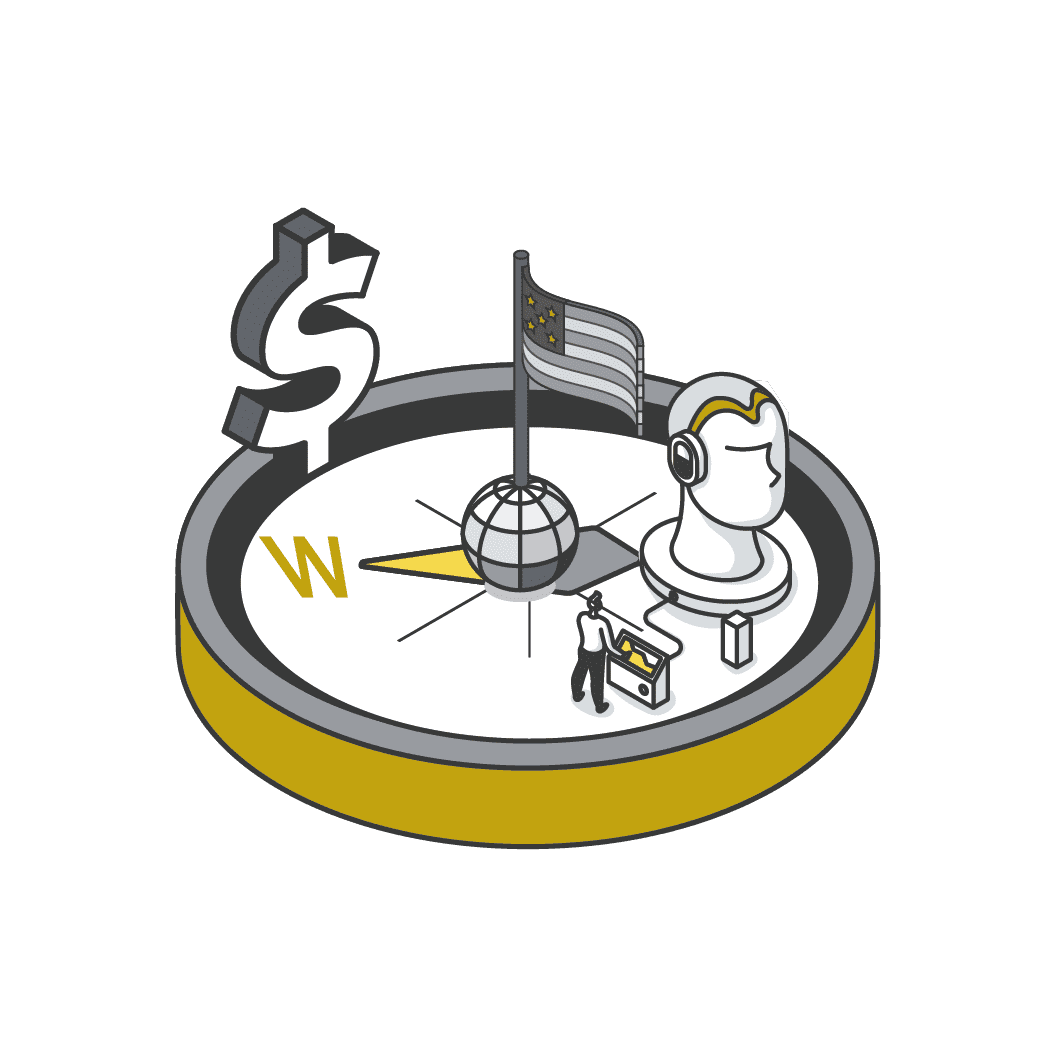
History ends, again
In this scenario, the “global West” maintains its leadership role in the world, with Europe being a junior partner to the U.S. Western dominance is secured through technology dominance, applied innovation, and reshaped relations with developing countries. Markets are competitive with strong growth in innovation and technology sectors. Internal social unity was important for the mobilization of populations. Europe thrives in the shadow of the U.S.
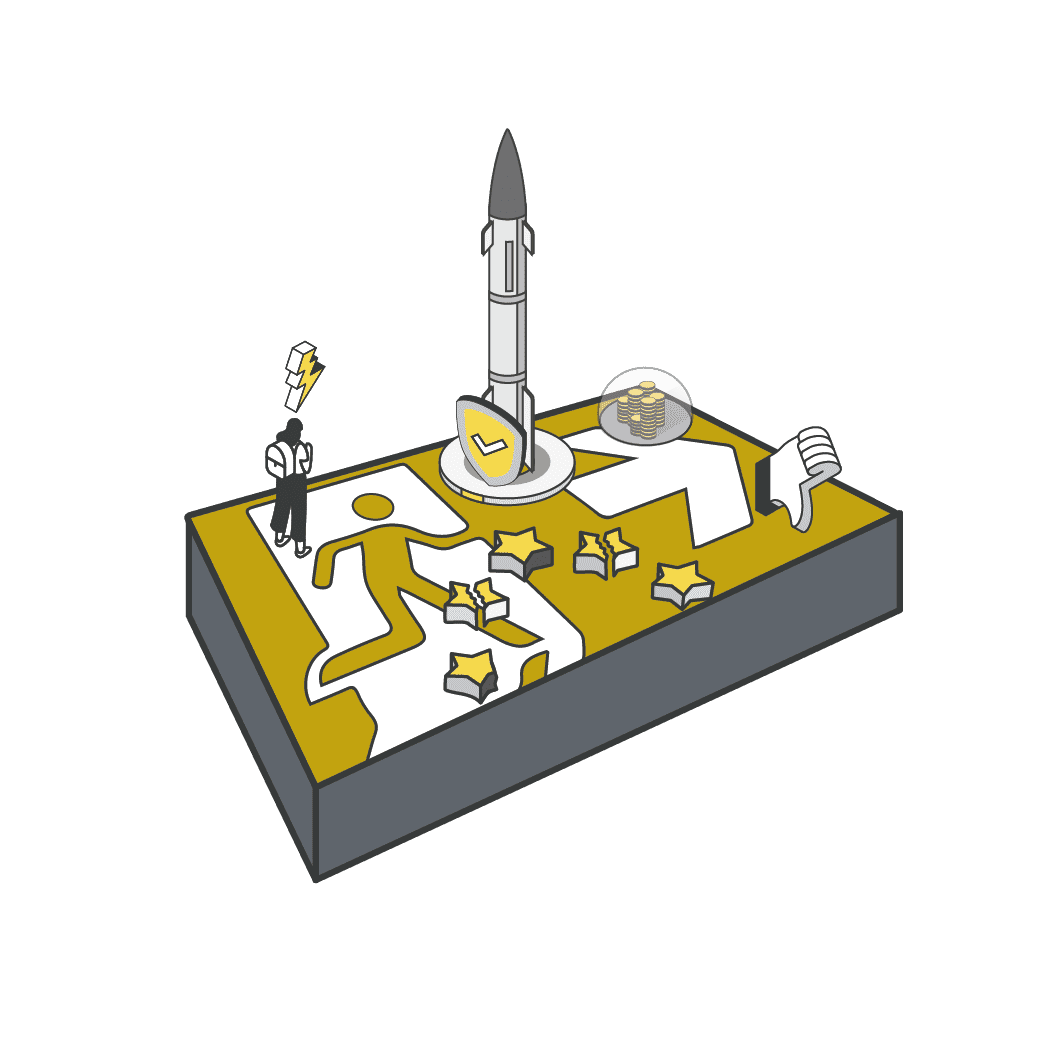
The great EXIT
In 2045, the EU has ceased to exist as a single economic and political union. Operating costs are high amidst uncertainty, financial risk, and renegotiation of trade and other relationships. The market structure is fragmented and decentralized, shifting away from regulated and centralized sectors. Europe is vulnerable. As the rules of trade and cooperation are rewritten, only large and stable businesses seem to weather the storm.
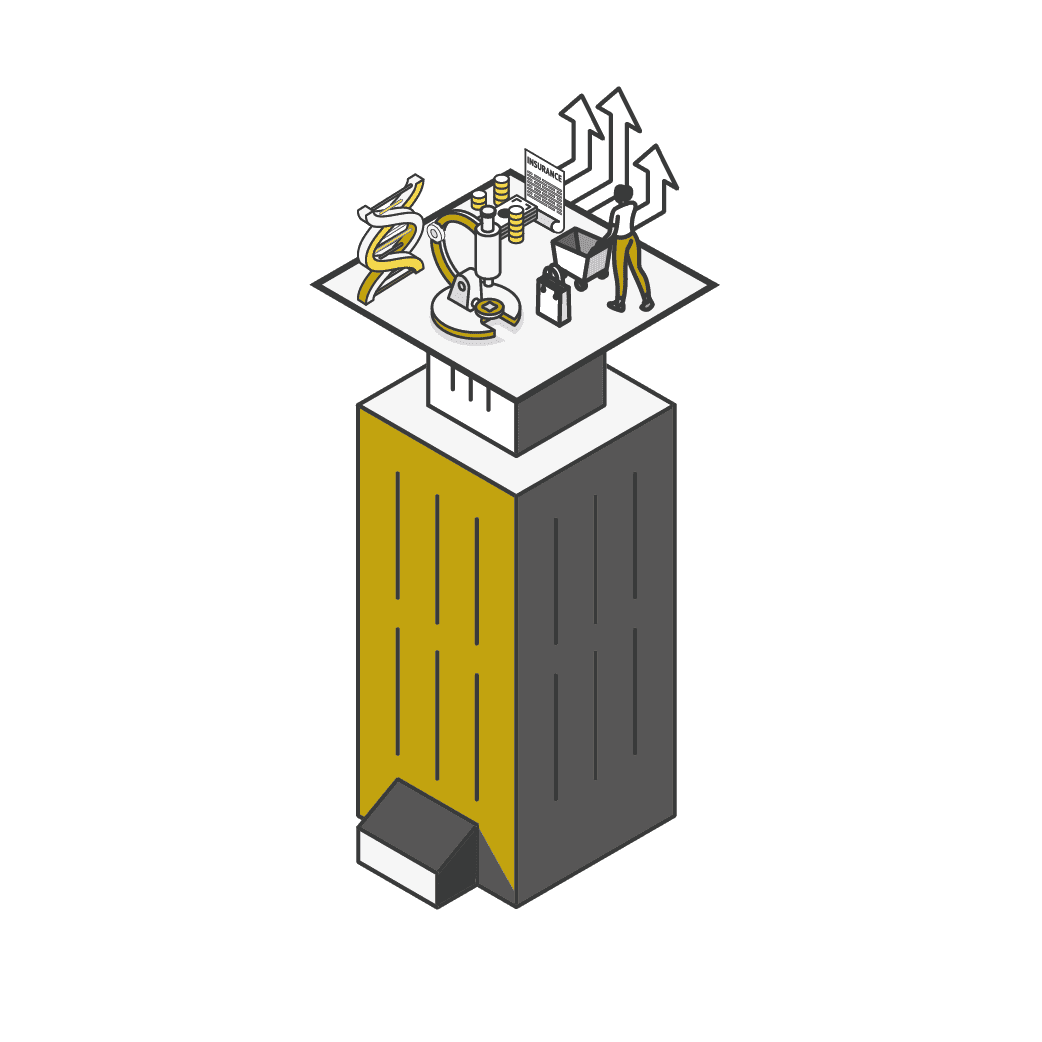
Corporate Europe
Business sets the parameters for society in this scenario. In the company state, the aim of society is to make and sell products and services. Government provides business with some guarantees and protections, and in return business finances and orchestrates regional development and social security. The market structure is centralized and hierarchical.

Foundations
Each scenario has been built by first setting the geopolitical parameters, the global balance of power, and the level of unity within the EU. Secondly, determining the directionality, strength, and combination of the eight drivers. The radial diagrams illustrate the eight drivers (Geopolitical developments, Security, Regulations and standards, Availability of energy and raw materials, Innovation, Financial infrastructure and systems, Labor, and Social mobility.). Scenario 5 is a counterfactual scenario, where it is business that sets the parameters for society.

Background of the project
In February 2022, Russia’s war against Ukraine had a direct impact on the short- and long-term strategies of business leaders. Themis Foresight’s six-stage research project revealed this in its very first stage. At the start of the project, our researchers asked around 500 decision-makers what economic policy issues were on their minds at the time. The results formed the basis of a Future Lab, in which the advisory board of Themis Foresight formulated hypotheses regarding economic developments. After a second wave of surveys and in-depth interviews with experts from 19 countries and five continents, five scenarios were created. In these scenarios, Themis Foresight researchers explain how the future of European companies can develop in a new era.
Introduction
Corporate executives of European businesses are faced with a dual task – navigating the detrimental impacts of the gigantic jump in energy prices, political uncertainties, supply chain disruptions, rising cost of capital, all while being challenged by new EU legal frameworks incurring additional compliance costs and charting a long-term course for their businesses. While the European economy has so far proven reassuringly resilient to navigating the Covid and energy crises, it will still have to stand the test of time of long-term transition to a technologically advanced and decarbonized future. The five scenarios proposed in this document aim to assist executives in this task.
In our November analysis we discussed a decoupling between political and business interests. This state carried over into the development of our scenarios.
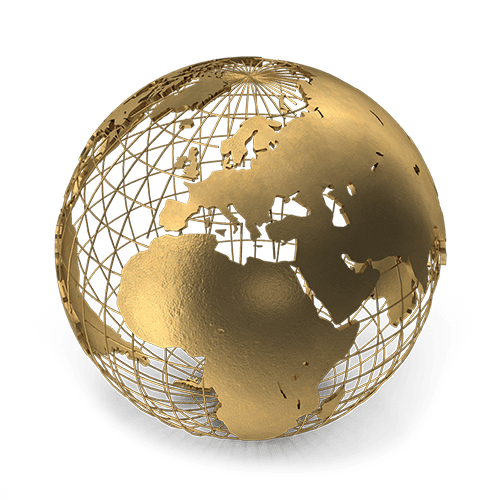
“The Western world relied on cheap energy from Russia, cheap goods from Asia, cheap security from the U.S., cheap money from central banks, and the export of expensive high technologies to developing regions of the world. Those days are now over.”

“Your studies show that the future may be quite different after all.”
We offer companies an evaluation of the long-term opportunities, risks and secondary effects of the possible transformation of the European economy. In doing so, we take into account where business areas may come under pressure or are at risk, but above all where new needs for products and services may arise as a result of changing conditions in the global economy.

Mit dem Laden des Videos akzeptieren Sie die Datenschutzerklärung von Vimeo.
Mehr erfahren
Behind the scenes
Futurist and project lead Siv Helen Hesjedal gives more information about the study.
“The one future” does not exist. There are many futures, all of which contain opportunities, risks and imponderables. Themis Foresight helps you navigate these uncertainties of the coming years. We put you in a position to ensure the success of your company even in the headwinds of the most diverse upheavals.
Join our Futures Lab
We will host a Futures Lab on this topic (German)! You will gain in-depth insights into the study results and be provided with a solid methodology that will enable you to successfully align your company with the changes of the next two decades.
-
Berlin
-
April 19, 2023
Experts from the study
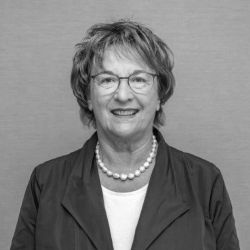
Brigitte Zypries
German politician, former Federal Minister for Economic Affairs and Energy, Germany.
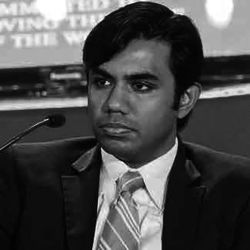
Prof. Asanga Abeyagoonasekera
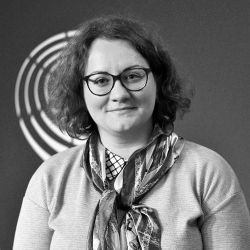
Alba Çela
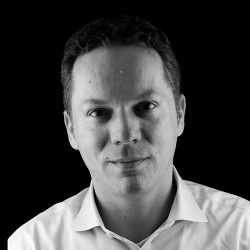
Ivan Briescoe
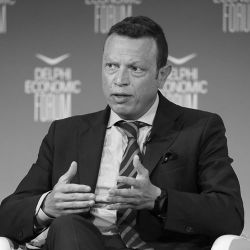
Dr. Epaminondas Christophilopoulos
Foresight expert and Chief Scientific Advisor, Presidency of the Greek Government, Greece.
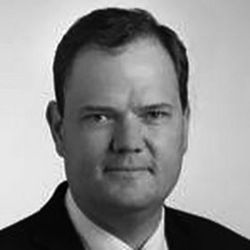
John Chrosniak
Chief Executive Officer and Board Member at Talam Biotech, Ireland.
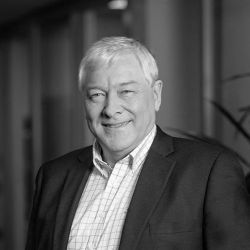
Tord Coucheron

Prof. Dr. Kerstin Cuhls
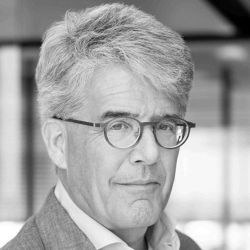
Thomas Fischer
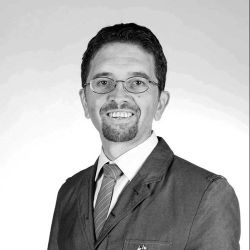
Dr. Maurizio Geri
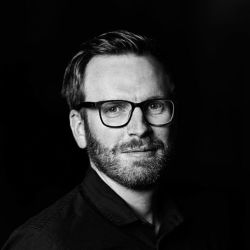
Prof. Andreas Goldberg
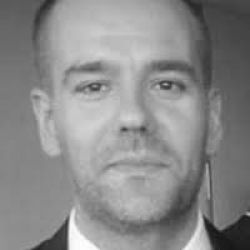
Dr. Taulant Hasa
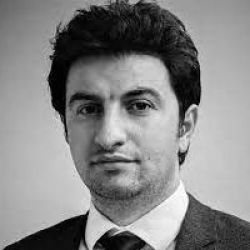
Dr. Vasif Husyenov
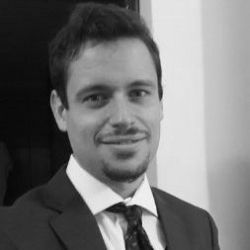
Dr. Bruno Mariotto Jubran

Dr. Nivedita Kapoor
Post-doctoral Fellow, International Laboratory on World Order Studies and the New Regionalism, Higher School of Economics, Russia.
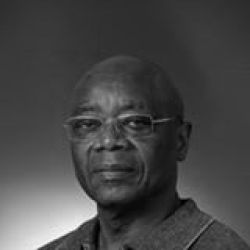
Prof. Marcel Kitissou
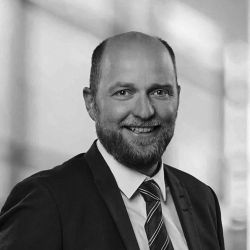
Anders Korsgaard
Founder and CEO Blue World Technologies, Denmark.
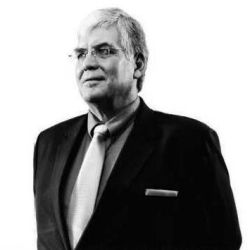
JP Landman
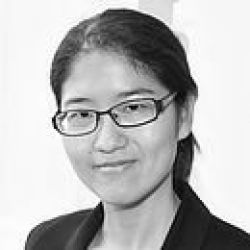
Dr. Wan-Hsin Liu
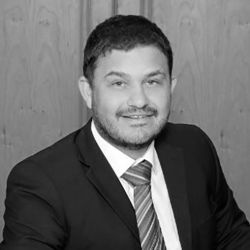
Piet Mouton
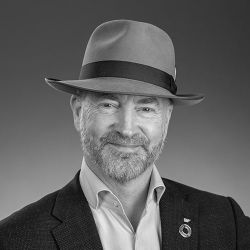
Tom Raftery
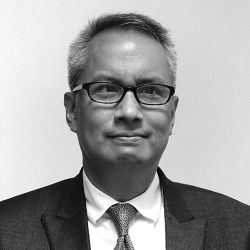
Prof. Alejandro Reyes
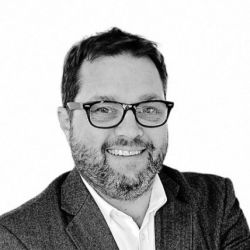
Dr. Sean Rogers
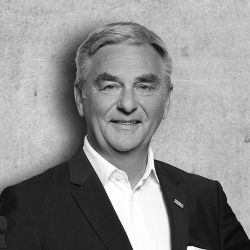
Gudmund Semb
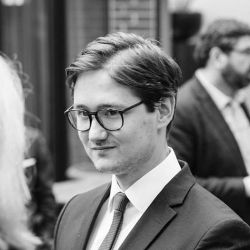
Dr. Strahinja Subotic
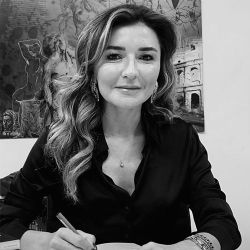
Selin Vural
Selin Vural, Futurist, Chief Strategy Officer and Founder of X-Ponential, United Arab Emirates.

Cristo Wiese
Founder of Titan Finance, investor and business executive, South Africa.

Other Experts
Speaking on condition of anonymity from China and Kazakhstan.
We are happy to support you!
Interested in the topic?
You would like to bring the topic to your company? Contact us. We offer companies an evaluation of the long-term opportunities and risks for their business model, present our study results in various depths in the form of workshops or keynote speeches, or organize in-house Future Labs on this topic for you.
Contact
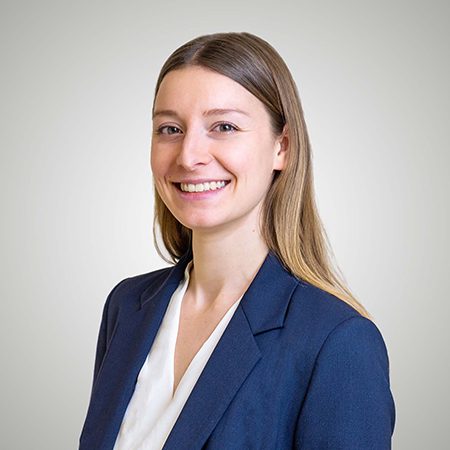
Carina Stöttner
Managing Director

